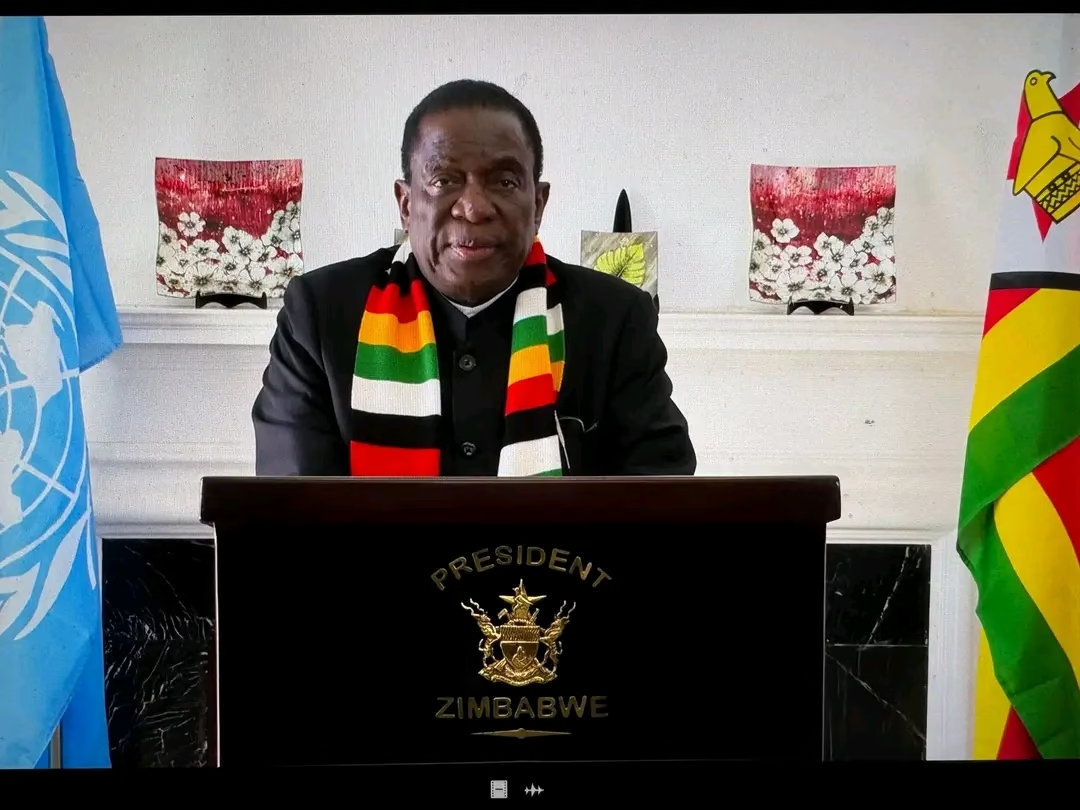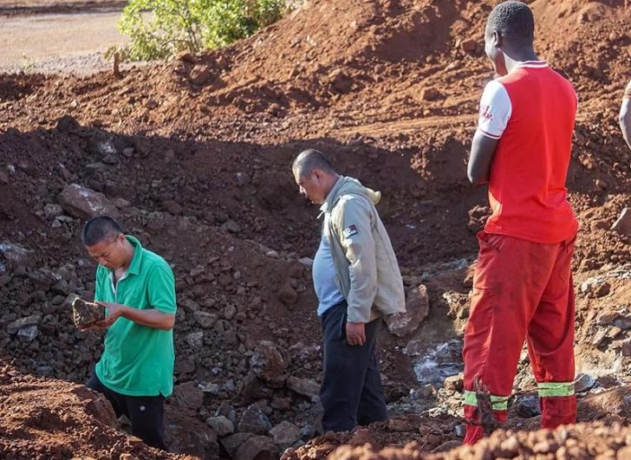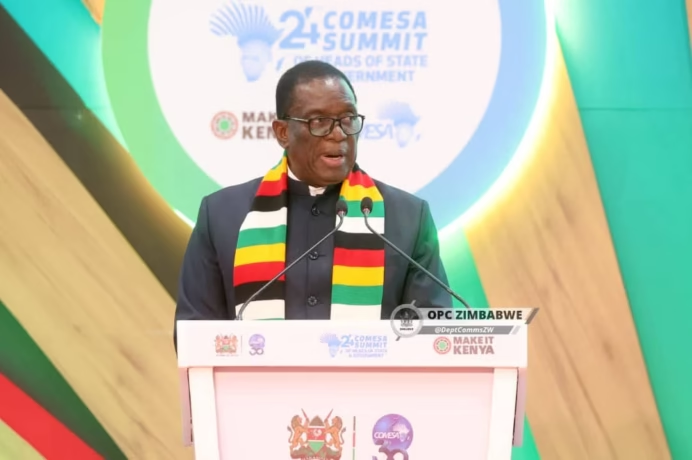
By Aldridge Dzvene
As the United Nations marks 80 years since its inception, Zimbabwe’s President Emmerson Mnangagwa has emerged as a steadfast advocate for transformative reform, placing Africa’s rightful inclusion at the heart of the global governance debate. His address, delivered on the anniversary of the UN Charter’s signing, is more than ceremonial rhetoric, it is a sharp, urgent call for justice, equity, and renewed relevance in an increasingly fractured world.
President Mnangagwa’s message pierces the veneer of international diplomacy, confronting one of the UN’s most persistent contradictions: the enduring exclusion of Africa from permanent membership in the Security Council. This exclusion, he argues, is a glaring injustice that undermines the legitimacy and effectiveness of the global body. For decades, Africa, home to over a billion people and a continent rich in resources and strategic importance, has been relegated to the sidelines in decision-making processes that shape peace, security, and development worldwide.
The President invokes the solemn commitment made 80 years ago to prevent the recurrence of global atrocities like those witnessed during World War II. Yet, he soberly acknowledges that the promise of peace and justice remains unfulfilled for many, especially in Africa. Neo-colonial dynamics, unresolved territorial disputes, and persistent conflicts continue to plague the continent, while the structures meant to safeguard global order remain resistant to change.
What makes this address profoundly relevant is its holistic perspective. President Mnangagwa does not merely spotlight Africa’s marginalization; he connects it to broader, intertwined challenges, climate change, pandemics, trade tensions, and geopolitical rivalries, that threaten all humanity. The call to “re-energize” the UN’s decision-making apparatus is a recognition that today’s crises demand a more agile, inclusive, and accountable global governance system.
Zimbabwe’s historic ties with the UN, from supporting liberation struggles in Southern Africa to championing human rights, lend moral weight to this plea. Yet, the President’s vision transcends nostalgia. He pushes for a United Nations that embodies the principles of multilateralism and equality, where decisions reflect the interests of all nations equitably, rather than the privilege of a few.
The launch of the UN80 Initiative by Secretary-General Antonio Guterres, aimed at reforming and modernizing the organization, provides a timely backdrop to President Mnangagwa’s message. The two signals together underscore a pivotal moment: the world stands at a crossroads, and Africa’s voice must be amplified if the UN is to remain a beacon of hope.
Ultimately, Zimbabwe’s President challenges the international community to move beyond symbolic commemoration to concrete action. The future of global peace, justice, and sustainable development hinges on addressing structural imbalances and embracing a truly representative and effective multilateral order. As the global spotlight shines on the United Nations’ eight decades of service, President Mnangagwa’s call serves as a clarion reminder that without Africa’s full inclusion, the promise of a just world remains elusive.




